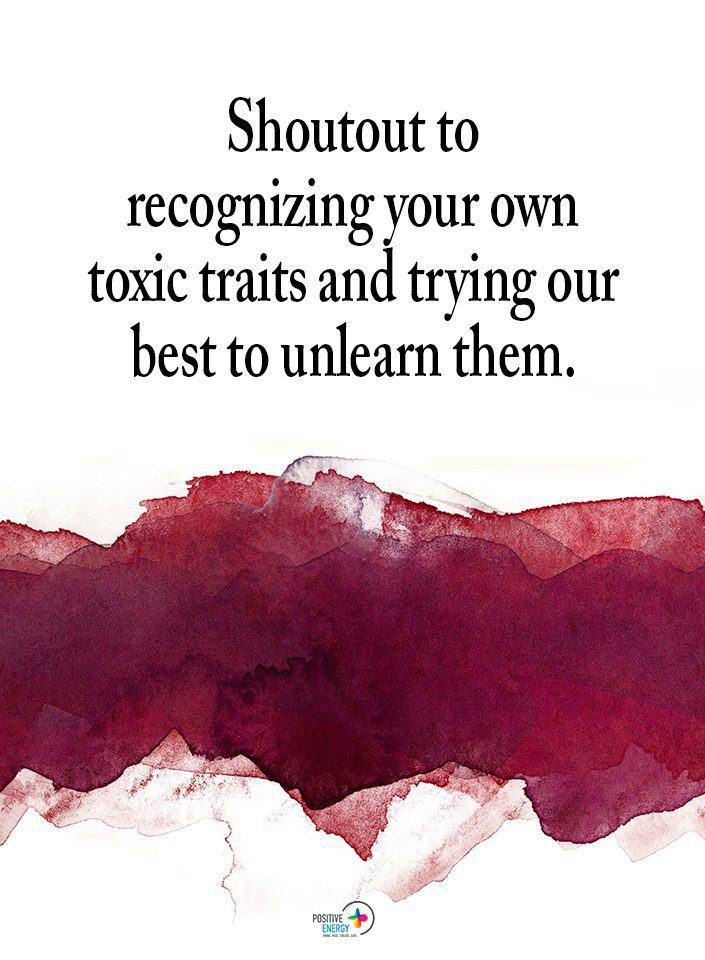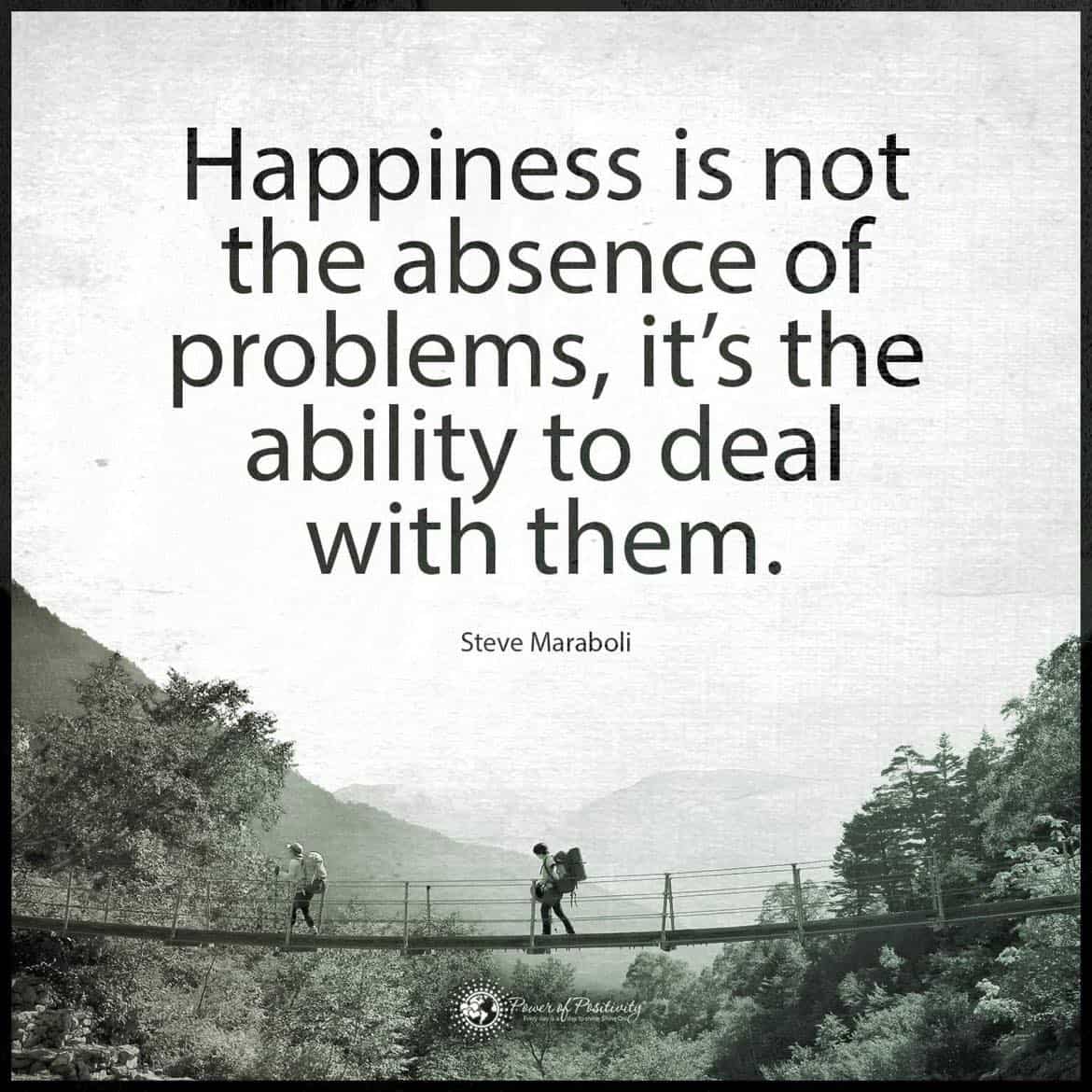What is the solution to this?
Resting the mind and concentrating on the good in the universe is key to attracting more positivity in our lives.
“All that you are is the result of what you have thought.” – Buddha
Here are 5 natural ways to calm your mind:
1. Look at something out of curiosity
Next time you feel stressed out, pause for a few minutes and pick up something around you. Let’s say it’s your TV remote. Analyze every single centimeter of that remote. Look at all the different colors, notice how it feels in your hand, and feel the texture of all the buttons. Turn the remote around and take notice of every corner, every shape, and then feel the weight of the remote in your hands.
How does this calm your mind? When you look at something out of curiosity all your attention goes on that one particular thing. And when your attention becomes focused, your mind cannot think about the stressful thoughts that cause you to feel stressed. Like magic, your mind relaxes and in return relaxes your body.
2. Listen
You may be surprised as to how many sounds your ears actually hear, but because your focus is elsewhere, you are not aware of the multitude of them. Right now stop reading this article for ten seconds and just listen to all the sounds around you……
You will notice many different sounds that you probably did not notice before. You may hear the humming of your ceiling fan, the birds chirping out on your front lawn, or the traffic outside your house. When you take notice of one sound, devote your attention to it. Then another sound will arise – devote all your attention to that sound, and so on.
When you give your full attention to the sounds around you the mind becomes present. It becomes aware. And when you are present and aware the mind becomes relaxed because it is no longer thinking. You will then start to notice that all these individual sounds were, up until this very point, background noise that you didn’t pay any attention to. But when you pay attention to these sounds each and every sound can be a portal that you can use to achieve stillness.
3. Breathe
Just breathe. Stop whatever you are doing for a few seconds and simply take ten long, slow breaths. Use your belly (diaphragm) to breathe rather than your chest. This is actually the way we are meant to breathe. According to Harvard Medical School, shallow breathing from the chest makes you feel short of breath which can lead to anxiety. If we breathe deeply from the diaphragm the body and mind start to relax.
Concentrate on your belly moving outwards as you breathe in and moving inwards as you breathe out. An easy way to make sure this is happening is to simply put your hand on your belly and feel it move outwards and inwards. Breathe slowly and concentrate on the sound you are making as you breathe. Pay full attention to this process and notice how you soon will feel more relaxed, still, and clear.
4. Feel gratitude
So much of the time stress originates from dwelling on the feeling of not having as much as your neighbor has, not being in the physical shape that you want to be in, or not feeling enough appreciation or love. In other words, it’s paying attention to what you don’t have as opposed to what you do have. It’s time to take things into perspective and start to give thanks for what you have. Maybe you don’t have as much financial freedom as you would like, but maybe you do have your health. Be thankful for that. Maybe you don’t feel enough appreciation from your spouse but maybe you do from your kids. Be thankful for that. No matter what situations we are going through we always have something to be thankful for.
When we start to feel appreciation for the things we currently have in our life, our mood starts to change and we actually start to attract more things to be thankful for. You cannot be thankful and complain at the same time. Always choose to be thankful.
5. Meditate
We have thousands and thousands of thoughts that occupy our minds every single day. Just like our muscles need rest, our minds do too. Meditation does not have to be mysterious. Meditation simply means that you are no longer thinking and are completely absorbed in the present moment. Go to a quiet place and sit in a comfortable chair. Make sure there are no distractions around you and simply start to breathe slowly, in through your nose and out through your mouth. Breathe with your diaphragm and not your chest as we talked about in step number 3.
As you begin to relax, bring your attention to your feet. You’ll start to feel them in some capacity; maybe a little tingle, a little warmth, or coolness. Allow yourself to be engulfed in this feeling. When you are registering how a particular body part feels, your focus will not allow you to simultaneously think about something else.
Afterward, move to your legs until you feel your legs in some capacity. Move upward throughout your whole body, one body part at a time. This is a wonderful meditation that not only rests your mind but also rests your body.
You have the ability to greatly reduce stress and anxiety. Resting your mind is one of the most important steps you can take in attracting a healthy life.
Add to the discussion:
How do you rest your mind when it feels too busy? Share your favorite techniques in the discussion below!











